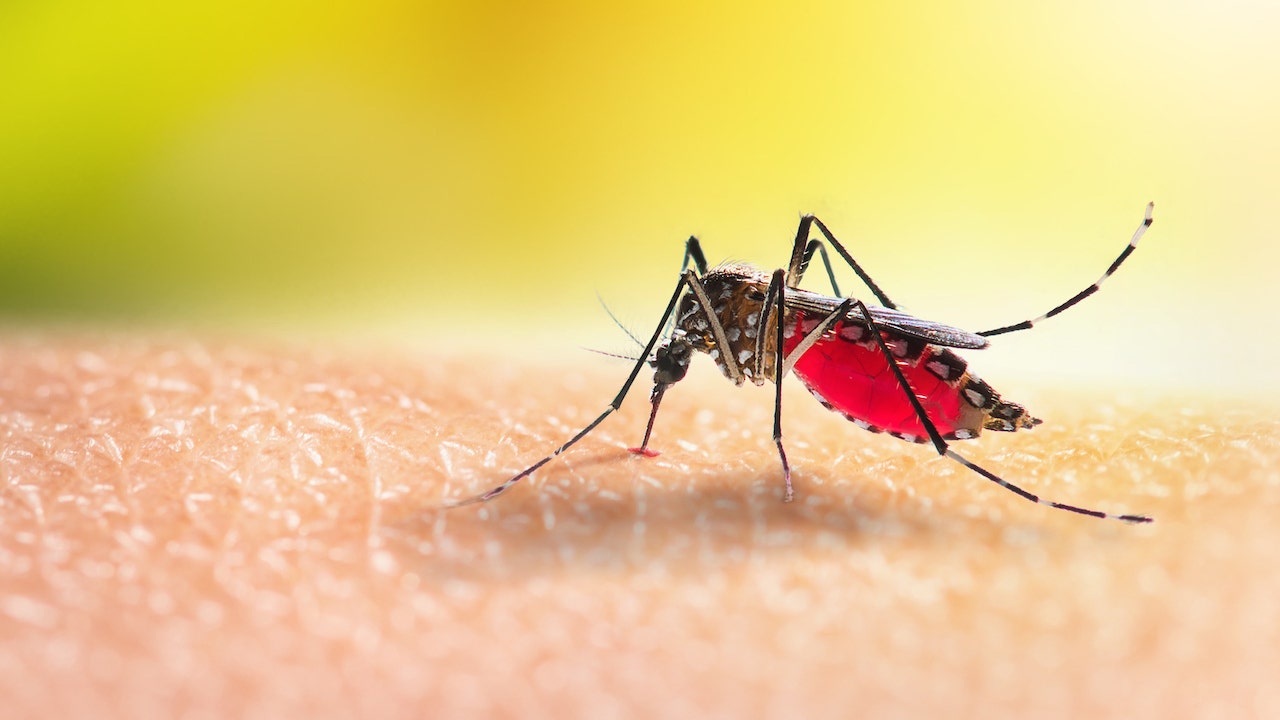The Centers for Disease Control and Prevention (CDC) issued an alert on Monday confirming several locally acquired cases of malaria in Texas and Florida over the past two months. The CDC also expressed concern about an increase in international travel during the summer potentially leading to more cases. In order to address any adverse effects, the CDC recommends ensuring quick access to intravenous artesunate, the only available medication for severe malaria in the country.
Malaria is a disease transmitted by infected female mosquitoes. It can occasionally be transmitted from a mother to a fetus, through blood transfusion, organ transplant, or an infected needle. Florida has reported four cases within a concentrated area, while Texas has reported one case. These are the first locally acquired cases since 2003, according to the alert. The CDC stated that there is no evidence to suggest a connection between the cases in Florida and Texas, and all patients are receiving treatment and improving.
The recent cases involve the parasite Plasmodium vivax (P. vivax), which causes milder disease and is easily treated. Dr. Marc Siegel, a professor of medicine at NYU Langone Medical Center, states that Vivax is the most widespread form of malaria and the biggest obstacle to eradication. He also mentions that promising vaccines are currently in clinical trials to prevent the disease.
Although Dr. Siegel does not believe locally acquired malaria will become a widespread issue, he concerns himself with the risk of travelers bringing it into the country. The CDC reports that approximately 2,000 cases of malaria are reported annually in the U.S., primarily among international travelers and immigrants returning from countries with high disease prevalence. Globally, 95% of the 240 million malaria cases each year occur in Africa.
Symptoms of malaria include fever, chills, fatigue, headache, muscle aches, nausea, vomiting, and diarrhea. Severe cases can lead to seizures, disorientation, renal failure, acute respiratory distress syndrome (ARDS), or coma. The CDC advises that malaria is a medical emergency and should be treated urgently. Drugs such as Artemether-lumefantrine (Coartem®) and Atovaquone-proguanil (Malarone®) are used to treat non-severe malaria, while intravenous artesunate is the only available medication for severe cases in the U.S.
To prevent mosquito-borne illnesses, the CDC recommends researching the risk of disease in any destination before travel. It is also advised to consult with a healthcare professional about medications for prevention when traveling to high-risk malaria countries. Anyone experiencing symptoms should seek immediate medical attention.
Denial of responsibility! VigourTimes is an automatic aggregator of Global media. In each content, the hyperlink to the primary source is specified. All trademarks belong to their rightful owners, and all materials to their authors. For any complaint, please reach us at – [email protected]. We will take necessary action within 24 hours.


